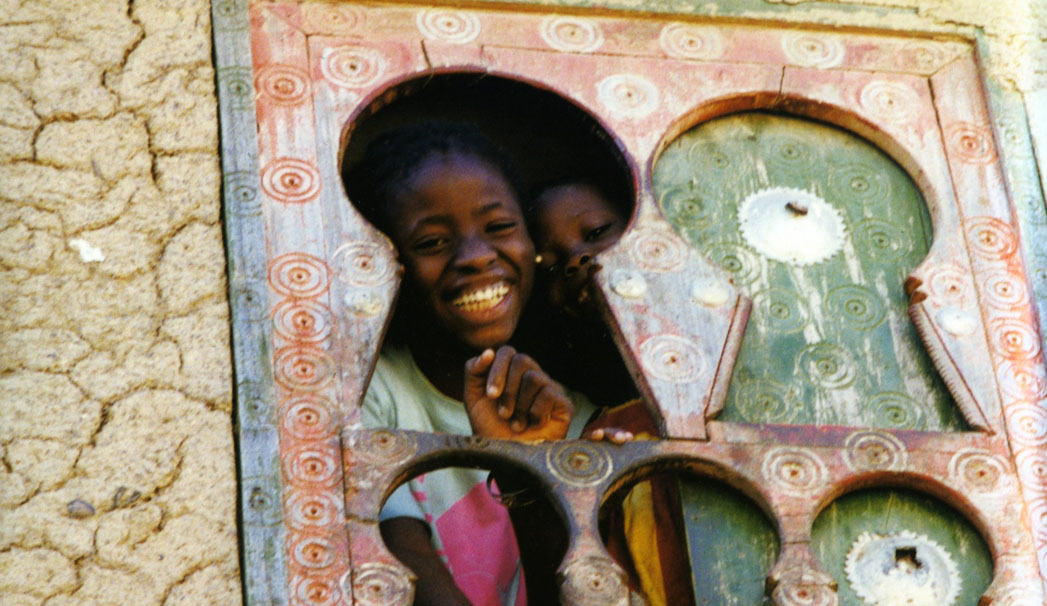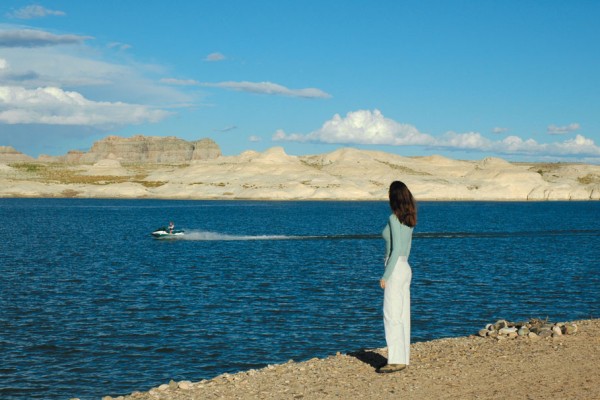Carol Scribner, the author of To Life in the Small Corners is not a photographer by training, but one look at her eclectic resume lets you know she’s not shy about trying different things. She has been a pipe organist, registered nurse, consultant to the federal Department of Health, Education and Welfare, CEO of her own advertising, marketing and communications company, and, finally, an award-winning documentary writer/producer/director. “I wasn’t very interested in taking pictures at first,” she recalls. “I never took a video camera on vacation, because I didn’t want anything to do with work. Taking the pictures was really just a souvenir for us. The more we traveled, the more serious and passionate I got about it. My family kept seeing the pictures and telling me that I really should do something with them. ‘It’s a shame you are just letting it sit,’ they said.” Her passion for TurtleWell finally brought them out of the shell and into To Life.
Watch the news every day, and you see a planet that seems to have blown a gasket – full of daily activity that just seems senseless, contentious and forbidding. But that’s not the whole picture. View the world through the camera lens of Sedona resident/world traveler Carol Scribner, and you get a much more hopeful portrait – a connection with places far from our own experience, yet somehow universal. Her photos display a heartening mix of cultural diversity and common humanity.
Carol took the pictures featured on these pages – a small sample of the 180 color shots in her beautiful new book, To Life in the Small Corners, published on her own Butterfly Productions imprint and available this month for online purchase at www.butterflyproductions.info – over an eight-year period in Bhutan, Burma, Cambodia, Ethiopia, Laos, Mali, Morocco, Namibia, Tibet and Vietnam. And her high-gloss presentation has a higher purpose. Carol is donating profits from the book to the TurtleWill Foundation (www.turtlewill.org), an organization she works with that undertakes medical, educational and economic projects for traditional peoples in the remote – and otherwise often ignored – areas she loves, while respecting their cultural traditions.
There’s a tendency to think that the societies that benefit from such help are impoverished, a notion that Carol rejects. “I think an impoverished person would be a person with nothing to feed their soul,” she explains. “The people you see in the book have plenty to feed their souls. They are very happy people. They are not hungry. They are needful, some of them, but they are well adjusted, effective people, careful in their beliefs in family, work, their homes, their children. TurtleWill supports these people so they can continue to work the way they live. We build schools and make it possible for the children to learn there.” TurtleWill also provides remote populations with needed medicines, temporary clinics and hospital treatment; digs wells for water access; and funds cooperatives to teach income-generating skills for greater economic stability.
Tradition and generational continuity are themes that seem to jump out of every chapter as you flip through To Life, an observation with which Carol agrees. Family is central, she says, because “it is about their survival. Family is the core of everything – their ethics, morality. It’s something as we become more sophisticated that kind of feels scattered sometimes. I felt it was something that people need to be reminded of in the book and see it in a small, simple form. Years ago, when our country was first settled, families stayed together. Grandmothers took care of the children so the women could go out to work in the field. That is what’s going on in these parts of the world and I think it is really precious and touching.”




